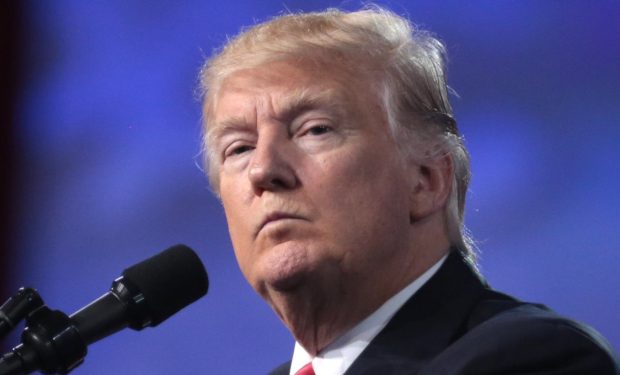Former President Donald Trump‘s lawyers in Fulton County, Georgia, have been making much of the allegedly secret cooperation between Georgia prosecutors and the House January 6 Select Committee, asserting that the Committee shared evidence with the Fulton County District Attorney’s office that Trump’s team was not privy to.
As a result, Trump filed a motion to compel the prosecution to share the materials — “non-public evidence shared with investigators by the Jan. 6 Committee” — so it could better prepare for evidence that will be presented by the prosecution at trial.
The Georgia Fulton County Superior Court judge, Scott F. McAfee, considering the motion(s), responded this week that Trump could not have the materials in question — not because he wasn’t entitled to them, but because the rumored materials “do not exist.”
JUST IN: Georgia judge denies Trump and Jeff Clark motions to compel new info from prosecutors, saying the demanded materials — potetntial non-public evidence shared with investigators by the Jan. 6 committee — "do not exist." pic.twitter.com/miqT5Tsjq9
— Kyle Cheney (@kyledcheney) January 17, 2024
District Attorney Willis seemed to have addressed the existence of “non-public information” — or at least denied that the House Judiciary Committee would be given access to such materials — in a letter to Committee Chair Jim Jordan in December.
Despite much suspicion expressed in the comments, sure to be inflamed by MAGA adherents, the key term in McAfee’s denial of the motion appears to be “non-public.”
When contact between the Jan 6 committee and the Fulton County DA’s office were first brought to public attention, the DA responded saying: “As the January 6th Committee’s final report transparently stated, the Committee shared information — all of which is now public — with prosecutors conducting concurrent, independent investigations.”
